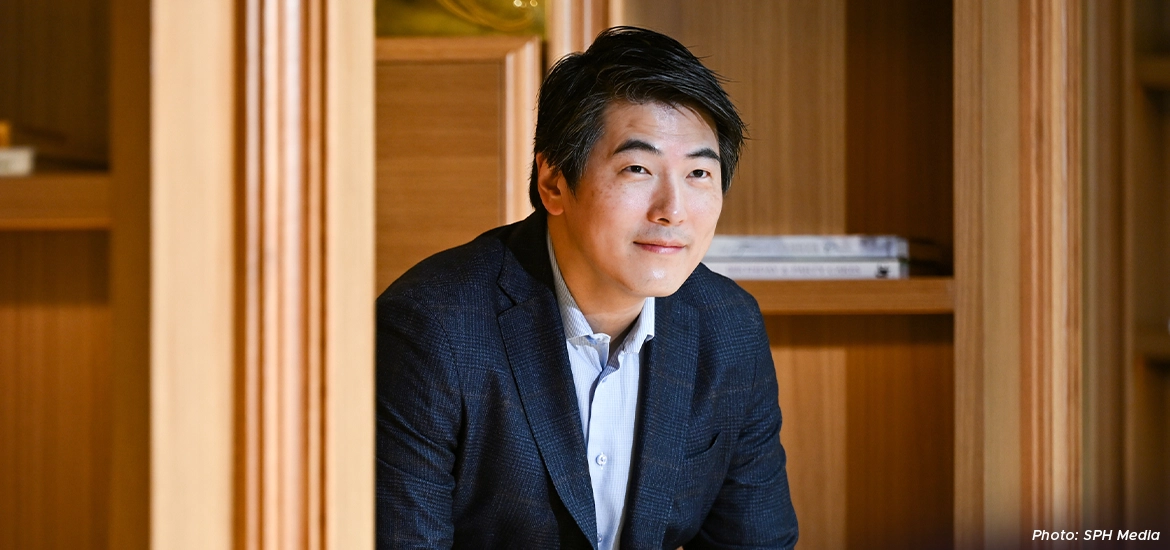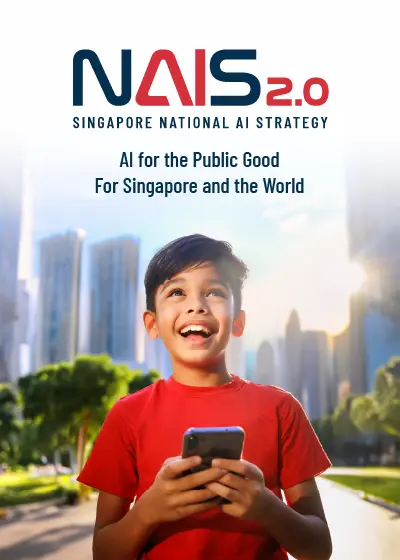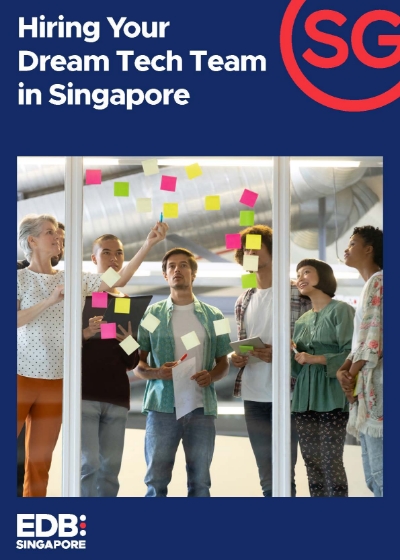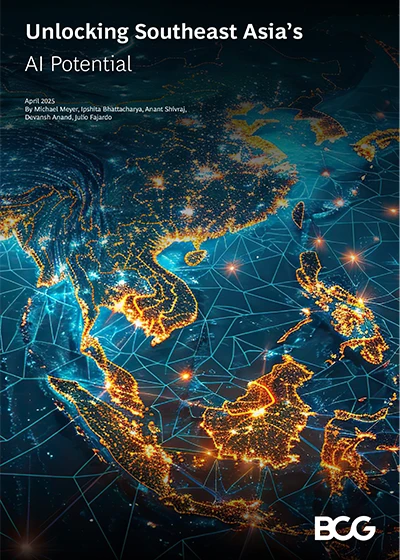One local company that it has won over is a telco.
Circles’ vice-president of product and AI innovation, Gaurav Tandon, said he signed on OpenAI to help build an AI-native platform.
Introducing additional software to integrate AI functions into Circles’ existing information technology infrastructure would not have resolved disconnected data and silo systems, he said.
He opted to start a joint road map from scratch with OpenAI, incorporating its upcoming features and language models.
The telco hopes to eventually deliver tailored services to every customer, he said.
“For instance, subscribers can ask the AI agents to analyse their travel behaviour and create not just custom roaming plans for subscribers, but also create personalised offers for hotel, flight, and activity bookings.”
He added: “OpenAI has been willing to build with us rather than offer us off-the-shelf capabilities, which gives us a lot of confidence in working together with them.”
In April, SIA became the first carrier customer of OpenAI, announcing plans to add the tech firm’s multi-modal prompts in text, audio, diagrams, and videos into its customer service, operations, and office workflows.
The airline told ST that it chose OpenAI to get early and customised access to cutting-edge AI, and is working closely with OpenAI’s research and engineering teams.
OpenAI has been making waves in recent weeks for a string of deals with the likes of Oracle, Nvidia, and AMD, as it seeks to build new capabilities in areas ranging from data centres to enterprise software, and improve its large language models.
Those deals, estimated to be worth US$1 trillion in 2025 alone, have been struck based on future potential growth of the company over the next several years.
Despite the company suffering operating losses of US$7.8 billion and burning through US$2.5 billion in cash for the first half of 2025, Mr Kwon is optimistic about its prospects.
He said: “We are mostly not profitable because we continue to invest our revenue into building more compute, doing more research, and developing products. From a gross margin perspective, we actually are profitable in most markets.”
In the longer term, the firm plans to feature in both consumer and enterprise markets, not unlike Microsoft and Google.
Over 800 million people use ChatGPT weekly, and more than four million software developers have used OpenAI to build apps, said its chief executive Sam Altman on 6 Oct.
Mr Kwon said: “You might use particular types of software at home, and they are the same ones you probably want to use at work.
“This is the way in which software has grown over the last 10, 15 years, so it’s important to have the tools exist in those segments.”










